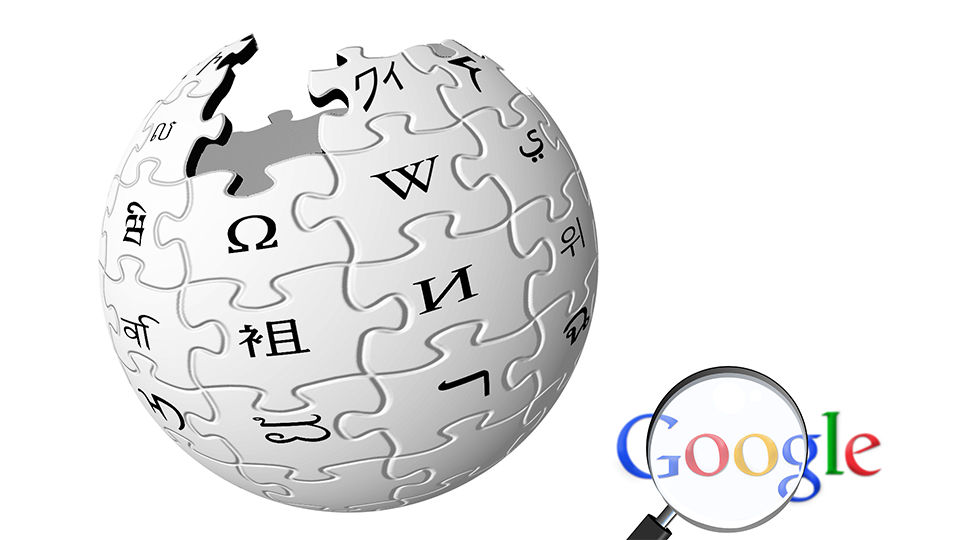Google is now testing more Wikipedia content on its search engine results pages (SERPs). The goal, iQuanti director of search strategy Michael Bertini says, is to make SERPs more personalized and relevant.
But the change is probably only temporary, Michael adds.
“When the objective is to increase personalization, it is unlikely that Google will implement a cookie-cutter approach to its results,” Michael says. “The company might make the Wikipedia addition permanent, however, if the data shows that engagement rises when more Wikipedia content is displayed.”
It’s not just the core desktop search product that is seeing increased Wikipedia integration. Google has been integrating the open-source encyclopedia on multiple platforms, including YouTube.
Across its ecosystem, Michael believes, Google is using split testing to see which search terms perform better with Wikipedia as a source of information.
The challenge for marketers is that the tech giant has applying these kinds of changes with some frequency. It’s harder to optimize for SERP positioning if the look and layout of SERPs keep evolving.
With this latest tweak, Michael notes, traffic to Wikipedia should increase. Yet if other sites see a drop in traffic, publishers may grow to feel alienated. That, in turn, could lead Google to rapidly shift back to an earlier SERP layout.
Ultimately, we’ll just have to wait to see what Google will do, Michael suggests. This move comes off as just another test. Unless there is a marked difference in engagement, the company will probably revert its SERP design once it has gathered some data about user behavior.




